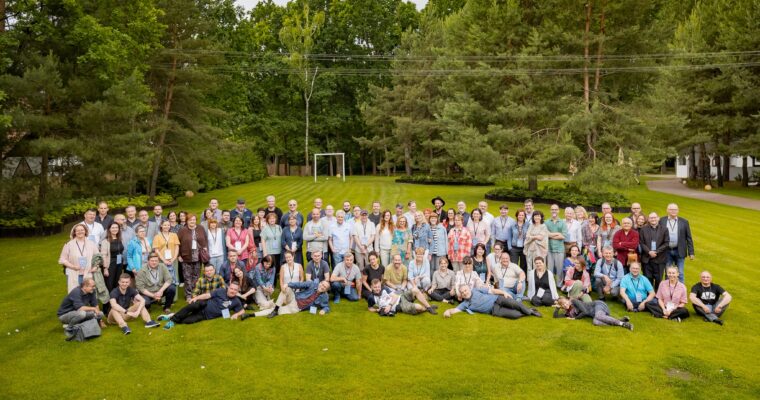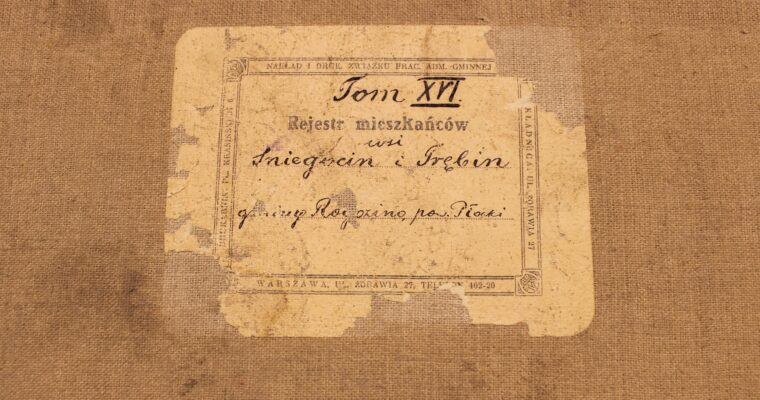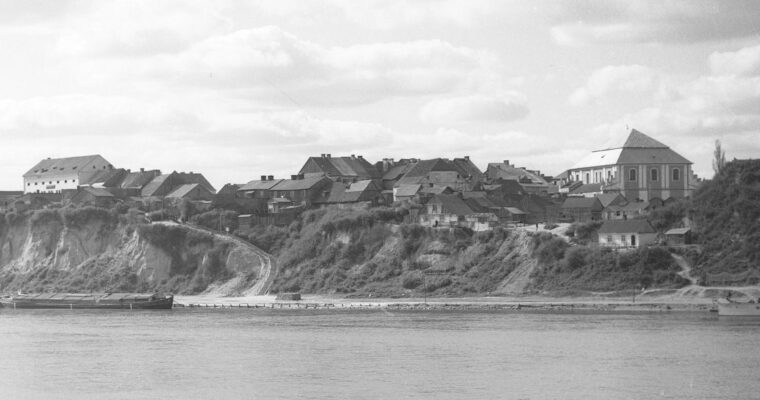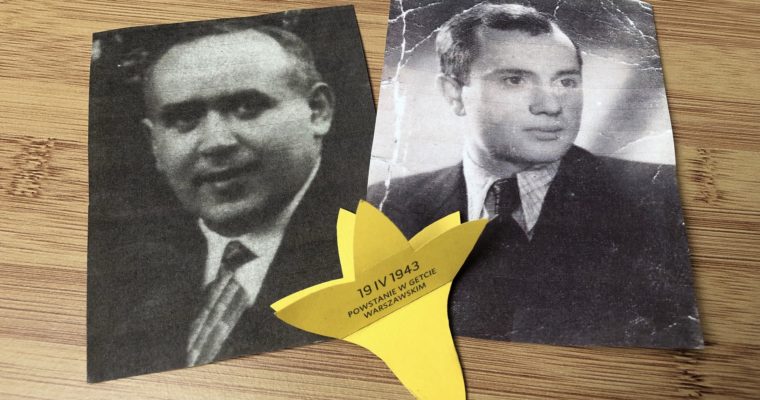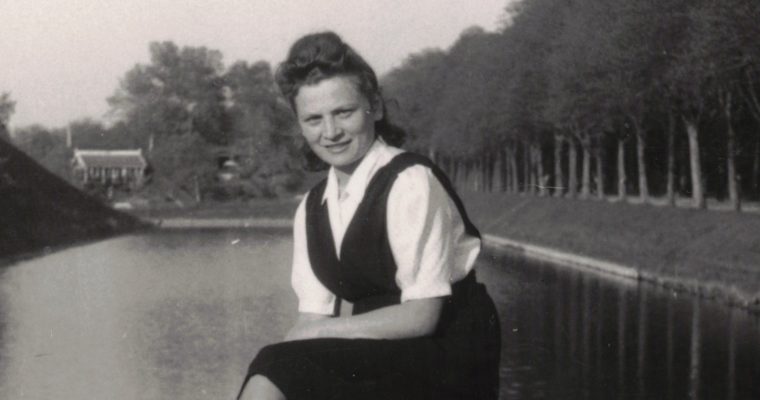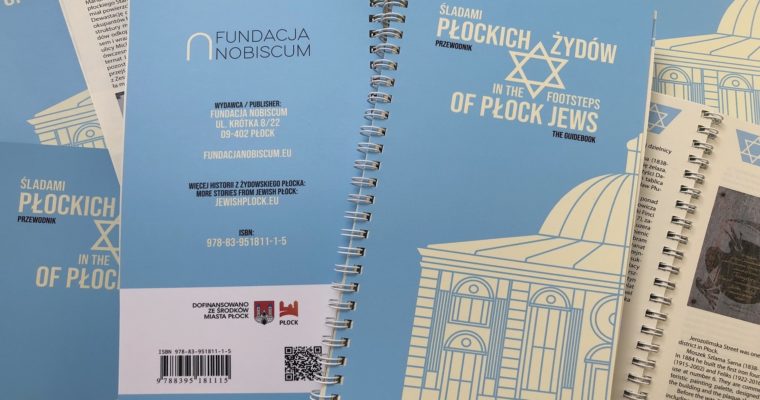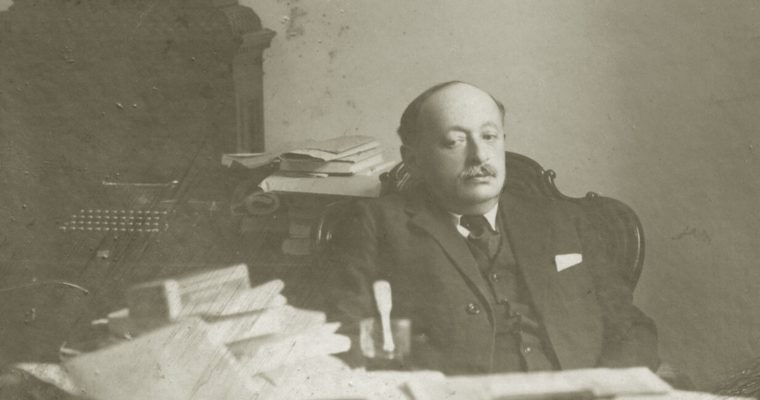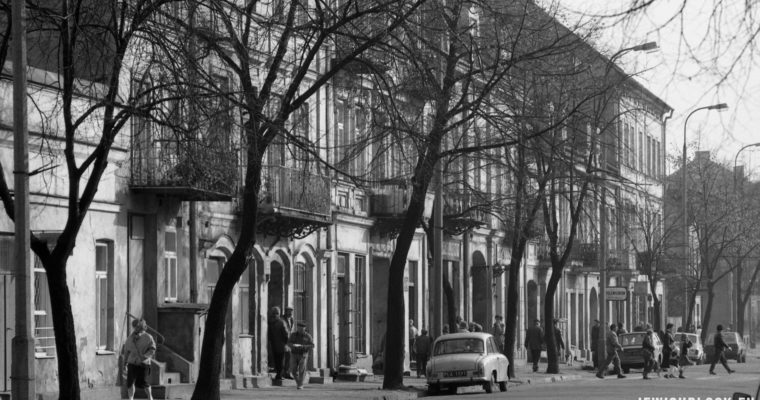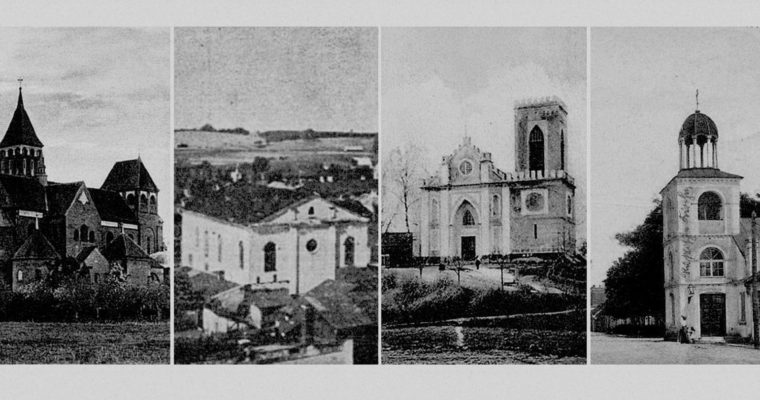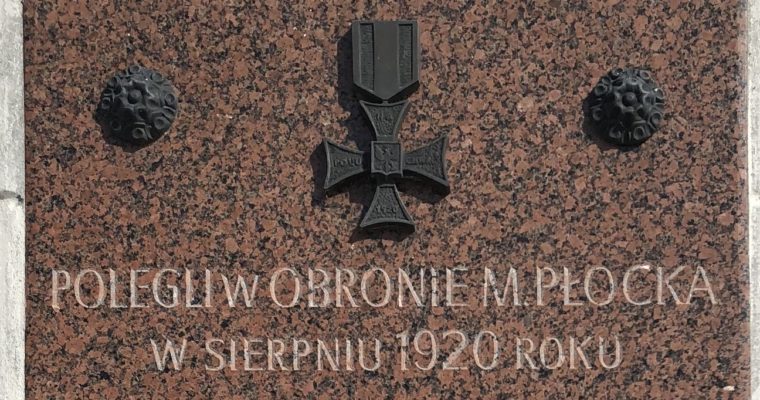We’ve joined the Network of the Forum for Dialogue!
🇬🇧 Forum for Dialogue – the oldest Polish non-governmental organization aiming to improve Polish-Jewish relations, for 25 years has been gathering people for whom Jewish history and heritage in Poland are of great importance. This year we had the honor and pleasure to participate in […]
